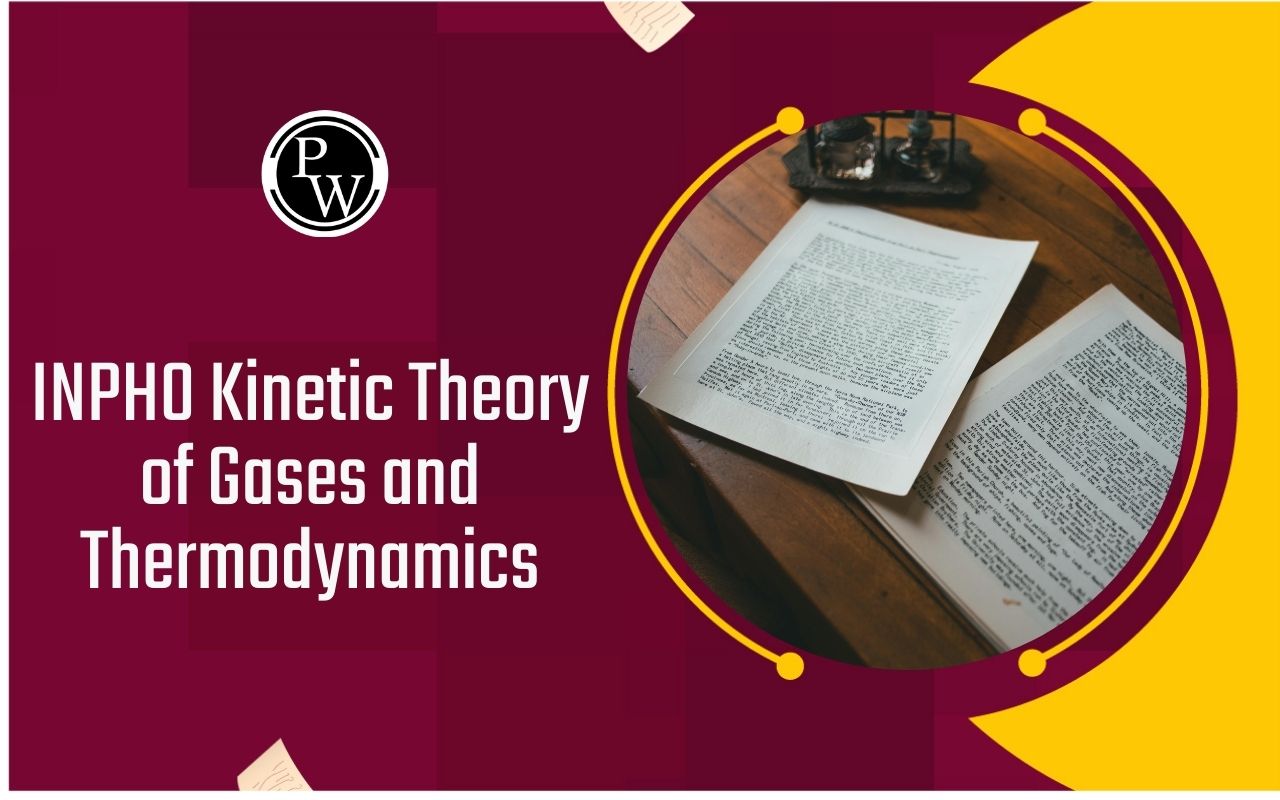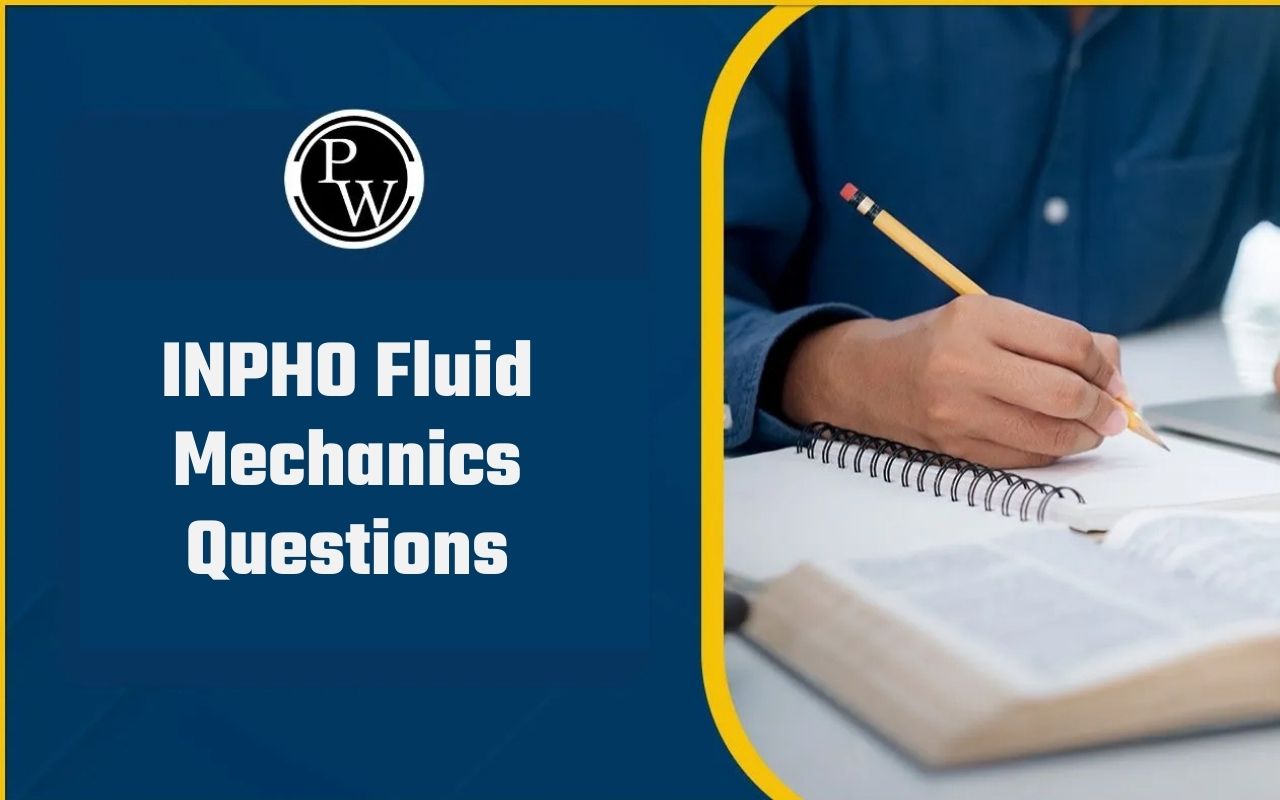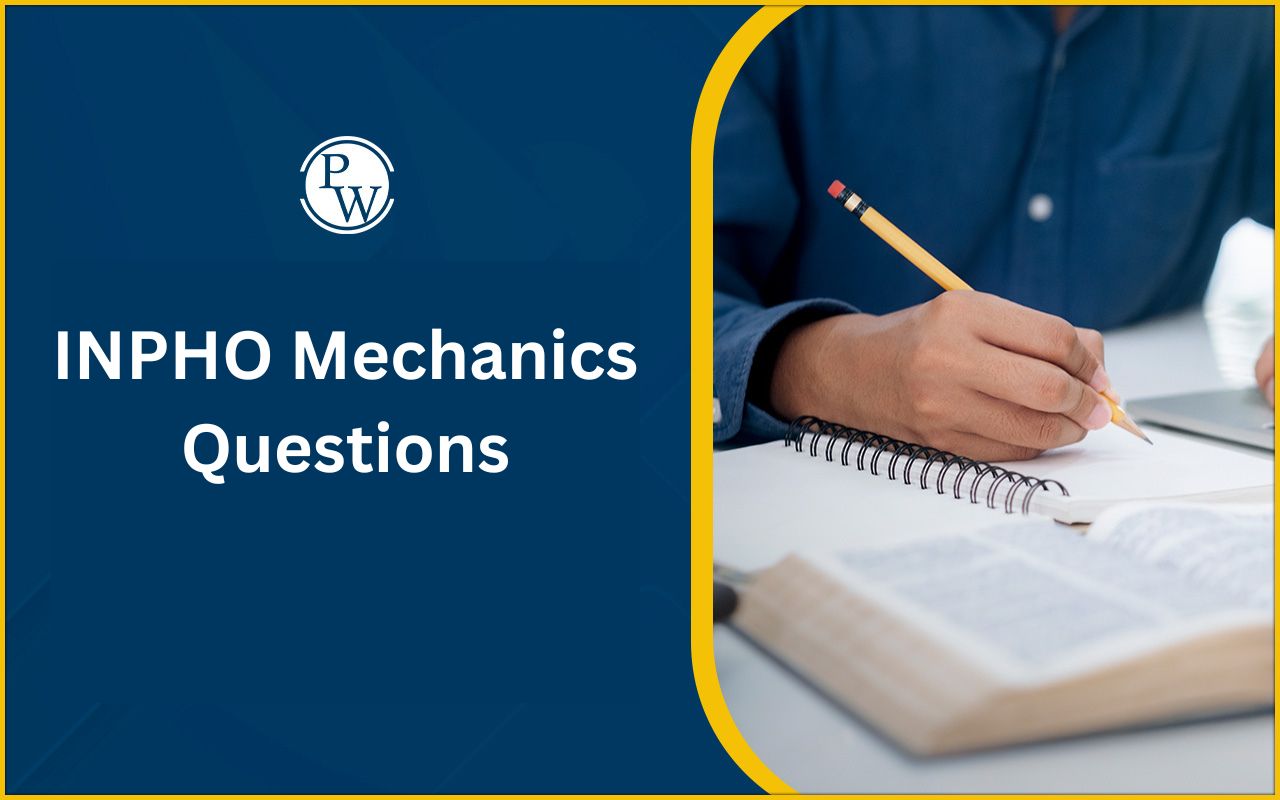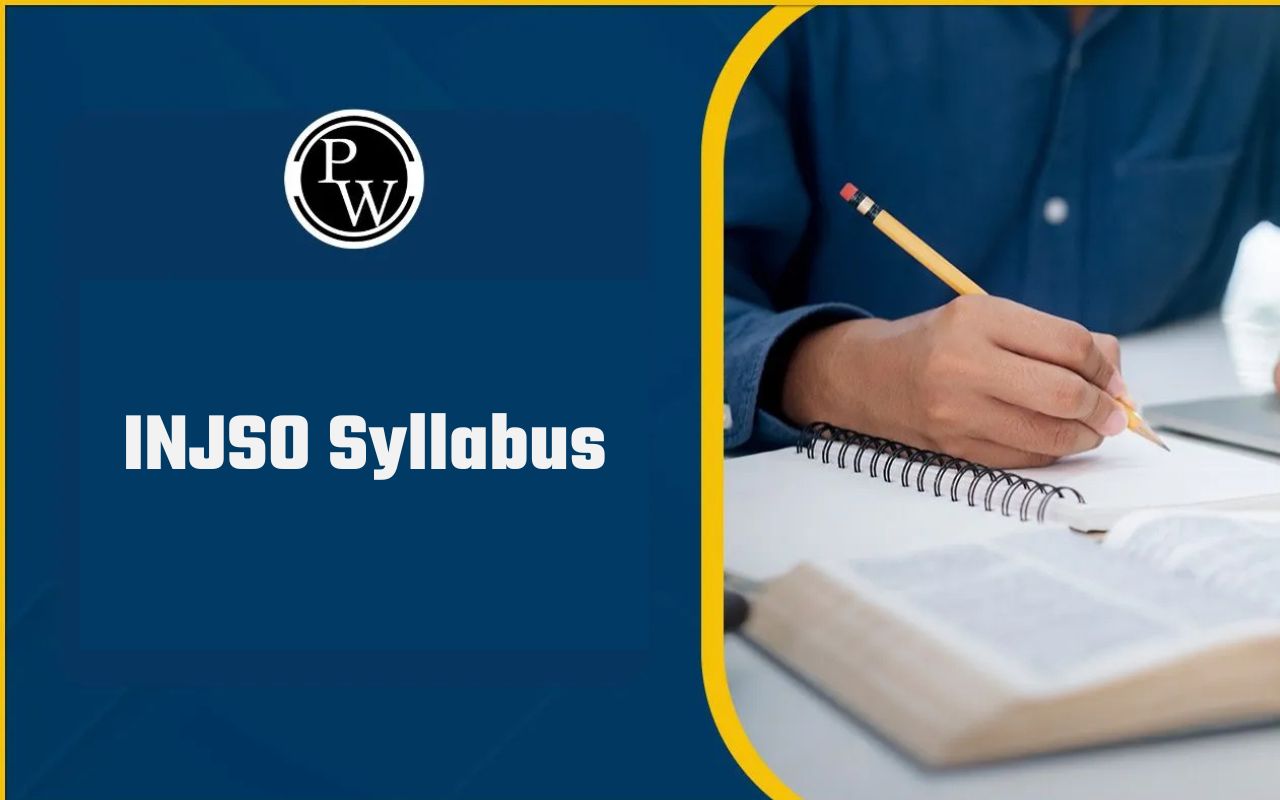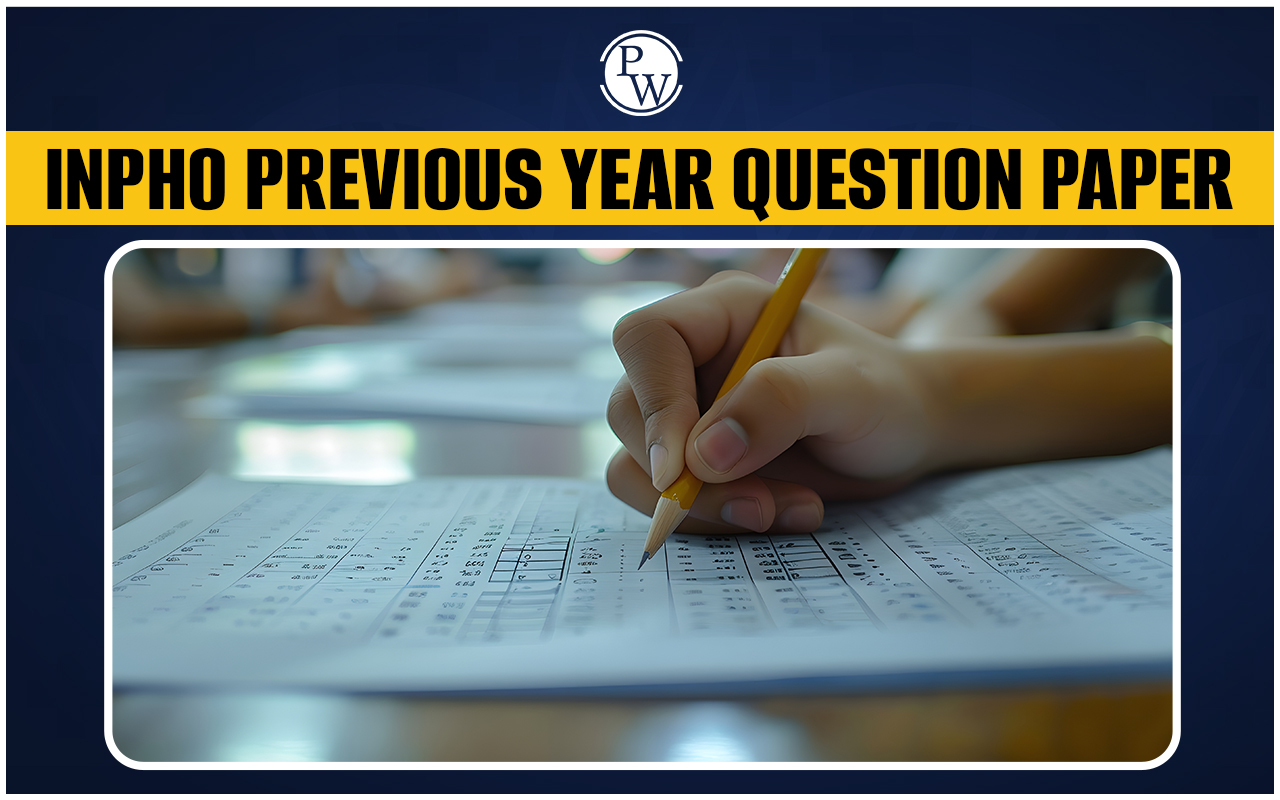
Introduction
The Science Olympiad Foundation (SOF), a non-profit educational organization headquartered in New Delhi, India, sponsors a number of competitive academic tests known as the SOF Olympiad.
The goal of SOF is to encourage school kids in India and other countries to learn about science, math, computer science, English, current events, and other academic topics.
SOF organizes Olympiads in various subjects, including Science (NSO), Mathematics (IMO), English (IEO), Computer Science (NCO/ICSO), General Knowledge (IGKO), Social Studies (ISSO), and others.
The SOF Olympiads are designed to foster a competitive spirit, enhance problem-solving and analytical skills, and encourage students to deepen their understanding of key academic subjects. Participation helps students prepare for future competitive exams and boosts their confidence.
SOF Olympiad Eligibility Criteria
Students of classes 1 to 12 studying in schools that are recognized by the Science Olympiad Foundation (SOF) are eligible to appear in the SOF Olympiads such as NSO (National Science Olympiad), IMO (International Mathematics Olympiad), and others.
Only schools registered with SOF can enroll their students. Individual registrations are generally not accepted; students must register through their schools.
The school must register for the exam at least 30 days before the exam date, and a minimum of 10 students from each school are required to participate
How to Prepare for SOF Olympiad?
-
Know the SOF Olympiad syllabus: The first step in studying for the SOF NSO exam is to become familiar with the NSO syllabus. Science is the subject of the exam, which includes several different fields. Be sure to review the syllabus and develop a study schedule around the subjects discussed.
-
Develop a Study Plan: A study plan and adherence to it are essential for successfully studying for the SOF NSO test. Set aside a set amount of time each day for learning scientific ideas and working through practice questions. Be sure to address every topic in the course syllabus and revise frequently to strengthen your comprehension.
-
Practice previous year's question papers: The best method to get ready for the NSO exam is to work through question papers from the prior year. You will gain a better understanding of the exam format, the kinds of questions that are asked, and the degree of difficulty from this. To improve your time management and problem-solving abilities, attempt to answer as many papers as you can.
-
Practice Sample Papers: Regularly practicing from NSO sample papers is one of the greatest strategies to get ready. You will be able to become more acquainted with the test format, comprehend the kinds of questions asked, and enhance your time management abilities with the use of this. To pinpoint areas for improvement, make it a practice to complete at least one sample paper every day and evaluate your results.
-
Concentrate on Conceptual Understanding: Concentrate on comprehending the underlying ideas and principles of science subjects, rather than memorizing them. In addition to helping you respond to difficult exam questions, this will help you utilize your knowledge in real-world circumstances. To improve your conceptual understanding, be sure to review the basics and work on problem-solving.
-
Take Guidance: Don't be afraid to ask for help from teachers, mentors, or online tutors if you're having problems getting ready for the SOF NSO test. They can provide extra study resources, answer any questions you may have, and give helpful advice on how to prepare for the test. You may also improve your test preparation by enrolling in online courses or coaching sessions.
-
Practice Mock Test: Online practice exams are a fantastic method to gauge your readiness and pinpoint areas for improvement. There are a number of websites that provide practice exams for the NSO test. To monitor your progress and identify your flaws, take these exams on a regular basis.
Books for SOF Olympiad Exam Preparation
For successful preparation for the SOF Olympiad, students must concentrate on a combination of NCERT textbooks and supplementary reference resources. Below is an organized list of suggested Books for SOF Olympiad Exam Preparation:
National Science Olympiad (NSO)
-
NCERT textbooks (CBSE/ICSE/State Boards) as the base material
-
MTG Class-wise Workbooks (Class 1 to 12)
-
The Official Olympiad Book of Reasoning by MTG Editorial Board
-
Olympiad Reasoning Workbook by Pallavi Aggarwal
-
Science Practice Cum Workbook by MTG Editorial Board
-
Learning Science for Smarter Life by Surachita Roy
-
National Science Olympiad Workbook by Anit Ahlawat
-
MTG National Science Olympiad (NSO) Workbook (Achievers Section)
-
Practice with previous years’ papers and online mock tests for time management and exam familiarity
-
Magazines like 'Chemistry Today', 'Biology Today', 'Mathematics Today', and 'Physics For You' for classes 11 and 12 students.
International Mathematics Olympiad (IMO)
-
MTG Olympiad Mathematics Prep-Guide (class-wise)
-
IMO Online Test Packages by MTG
-
IMO Power Pack Combos by MTG
-
Mathematics Practice-cum-Workbook for self-practice
-
Olympiad Reasoning Workbooks for reasoning section preparation
-
Previous 5 years’ IMO papers for practice and exam pattern understanding
Time Management Tips for SOF Olympiad
Preparing for the Science Olympiad Foundation (SOF) Olympiad necessitates efficient time management to complete the syllabus on time, practice, and revision. Below are some specific suggestions to manage time to enhance your SOF Olympiad preparation:
- Create a Practical Study Schedule
Develop a daily or weekly routine that covers all topics, leaving time for revision and practice. Ensure your schedule is flexible to accommodate other activities and avoid burnout.
2. Practice with Mock Tests and Sample Papers
Attempt regular mock tests under timed conditions to simulate the real exam environment. This sharpens your ability to judge time per question and improves both speed and accuracy.
3. Use the 3-Round Method During the Exam
First round: Solve all easy questions to secure quick marks.
Second round: Attempt moderately difficult questions.
Third round: Tackle the toughest questions last.
This approach ensures you don’t get stuck and maximize your score within the time limit.
4. Stay Calm and Focused
Manage exam stress by staying composed. Nervousness can lead to wasted time and mistakes. Take deep breaths and maintain confidence in your preparation.
5. Improve Reading and Comprehension Speed
Practice reading questions quickly and thoroughly to avoid re-reading and wasting time. This is especially important for tricky or lengthy questions.
6. Allocate Time Based on Question Difficulty
Don’t spend equal time on every question. Move on if you’re stuck for more than 1–1.5 minutes and return later if time permits.
7. Track Your Progress and Adjust
Regularly assess your performance in practice tests. Identify weak areas and allocate extra time to improve them.
8. Utilize the Entire Exam Time
If you finish early, revisit doubtful questions and check your answers. Use any remaining time for review rather than submitting early.
9. Attempt All Questions
In most SOF Olympiads, there’s no penalty for wrong answers. Make educated guesses for unanswered questions at the end, but only after completing the rest of the paper
Common Mistakes to Avoid During SOF Olympiad Preparation
By addressing these common mistakes to avoid, you can optimize your preparation for SOF Olympiad and improve your chances of success.
1. Absence of Conceptual Clarity
Concentrating exclusively on solving numerical problems without thoroughly comprehending the theoretical concepts may result in challenges when addressing SOF Exam conceptual questions. SOF IGKO Olympiads i.e. IGKO stresses the importance of deep understanding of General Knowledge, so make sure you understand the fundamentals before engaging in problem-solving.
2. Overlooking the SOF Olympiad Syllabus
Failing to closely examine the SOF Olympiad Syllabus may lead to expending effort on topics that are not relevant. The SOF Exam Syllabus is closely linked with high school physics, so dedicate your focus to mastering these areas thoroughly.
3. Inadequate Time Management
Devoting excessive time to one subject or neglecting others can result in insufficient preparation. Develop a well-executed SOF Olympiad Study Plan that distributes time equally among all sections.
4. Skipping Practice/Mock Tests
Do not skip the SOF Olympiad Mock Tests until the conclusion of your preparation. Regular practice using past exam papers helps you become familiar with the exam pattern, enhances time management, and allows you to identify weak areas early on.
5. Neglecting Revision
Flooding yourself with new material without revisiting previously learned content might lead to retention gaps. Plan for regular revisions to recall concepts and formulas.
6. Excessive Confidence or Anxiety
Inflating your sense of preparedness or panicking when confronted with difficult problems can harm your performance. Remain calm, evaluate your strengths realistically, and approach questions strategically during both practice and exams.
7. Disregarding Health and Well-being
Extended study sessions without breaks may lead to burnout. Uphold a balanced routine that includes sufficient sleep, exercise, and relaxation to secure optimal focus and productivity.
Read Maths Olympiad Related Articles:
How to Prepare for SOF Olympiad FAQs
Q1. How to prepare for the SOF Olympiad exam?
Q2. What is the Science Olympiad Foundation (SOF) Olympiad Exam?
Q3. Who is eligible for SOF Olympiad?
Q4. What are the Olympiad organized by SOF?
Q5. What are the common mistakes to be avoided while preparing for the SOF Olympiad Exam?

